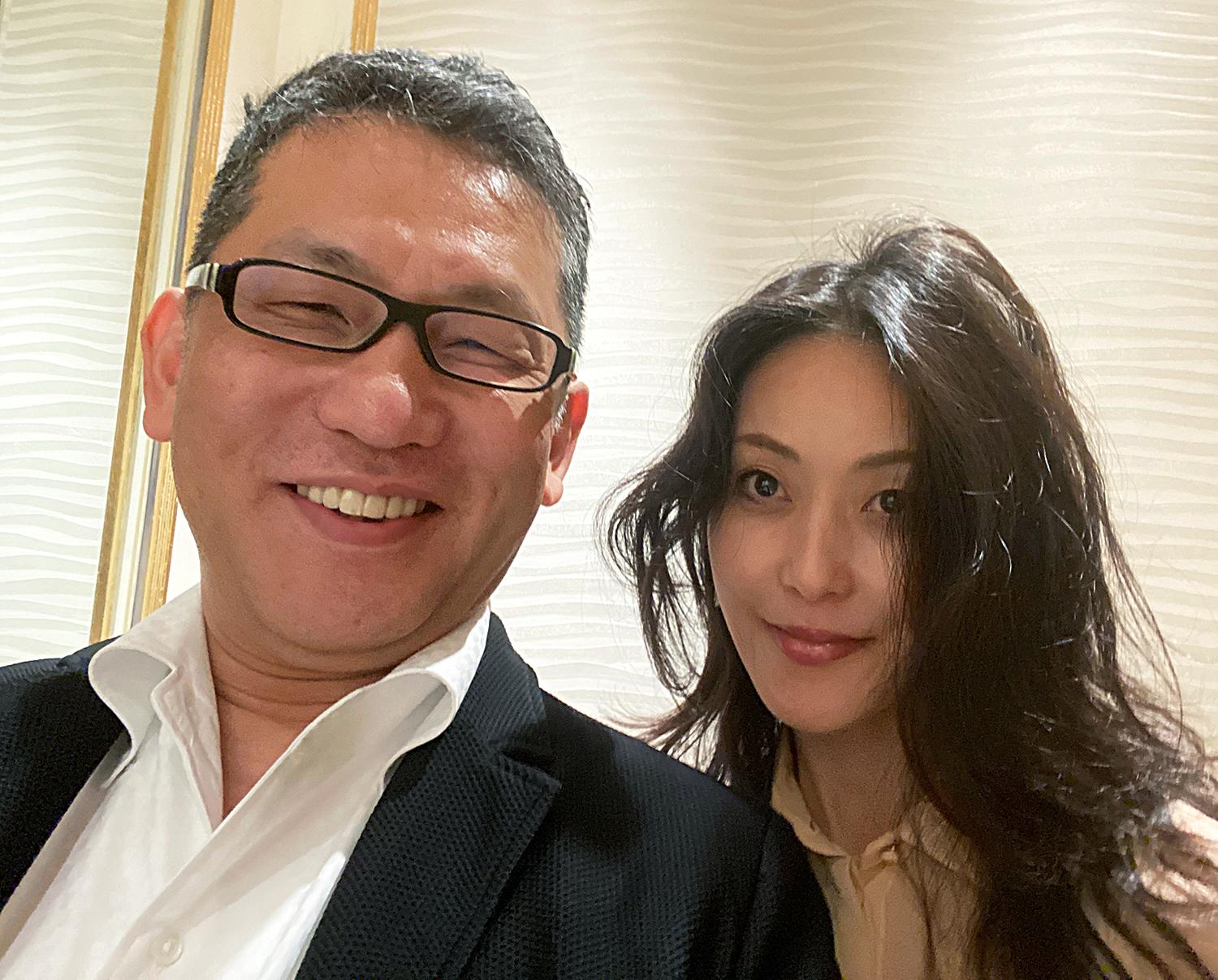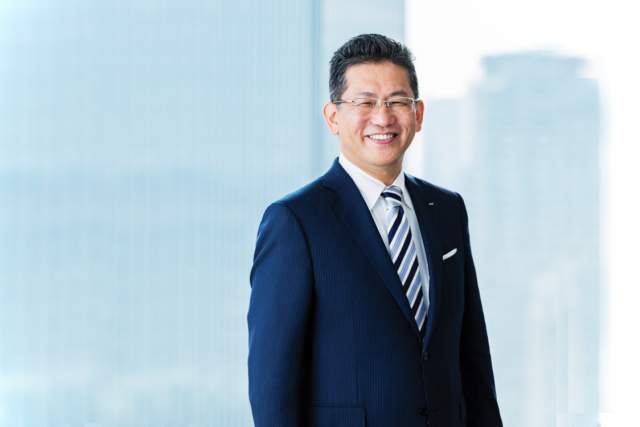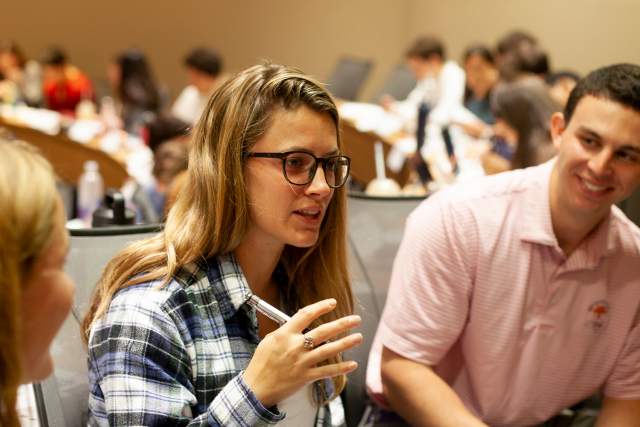In both his philanthropic and business decisions, Kinya Seto T’96 strives to make an enduring, positive impact on society and future generations.
With a recent seven-figure scholarship gift, Yoko and Kinya Seto T’96 hope to accomplish this goal by empowering students from Japan to advance their business knowledge through MBA studies in the United States—and specifically at Tuck.

Yoko and Kinya Seto T’96
“I am confident that anyone who enrolls at Tuck will be a much better business leader when they graduate,” says Seto, CEO of Tokyo-based LIXIL Corporation, a global manufacturer of water and housing products. “The Tuck MBA is a two-year investment with a significant return that prepares graduates for success in advancing business and improving society.”
Despite consensus in Japan that attending a highly ranked MBA program provides the best training for aspiring business leaders, Seto says the number of applicants from Japan to top U.S.-based MBA programs has declined significantly in the past 20 years.
When Seto enrolled at Tuck, it was common for employers in Japan to sponsor MBA students. Today, far fewer companies provide sponsorship funding which heightens financial concerns for potential applicants. He hopes the endowed scholarship will provide inspiration, relief, and assurance.
According to Seto, there are several qualities that make Tuck the ideal choice for students looking to develop their business skills through an MBA. In addition to a small student body and unparalleled access to world-class faculty, Seto says it is Tuck’s distinct learning environment that most sets the school apart.
“You have to choose a good environment to be most effective in learning,” explains Seto. “For most of us, we need a safe, secluded, and uninterrupted situation to focus on the important things. From that perspective, no other business school can match what Tuck offers.”
Seto considers Tuck’s focus on general management education another strength of the program since it imparts fundamental skills that can be applied in a variety of contexts and situations. He says the smaller, tight-knit student body also encourages accountability and helps students understand the significance and implication of what they are learning together.
For most of us, we need a safe, secluded, and uninterrupted situation to focus on the important things. From that perspective, no other business school can match what Tuck offers.
“If you are going to a school with a big student body, you might be able to smart it out,” shares Seto. “But in a smaller environment where everyone is learning from and alongside each other, that is the best situation for long-term success.”
Of course, you cannot describe the Tuck experience without mentioning the impact of Tuck’s distinguished faculty. For Seto, the influence of professors Sydney Finkelstein and Vijay “VG” Govindarajan have resonated throughout his decorated career as an entrepreneur and business leader. In Finkelstein’s Strategic Leadership course, he gained a profound understanding of the real impact management decisions have on people’s lives.
“You always have to consider the other,” says Seto. “When you have to make hard decisions like whether or not to lay off or terminate employees, it is critical to understand and respect the reality that their day tomorrow will be very different than the previous day.”
The management lessons Seto learned from Govindarajan were so valuable he recently collaborated with his former professor to deliver a Tuck Executive Education program to LIXIL’s senior leadership based on VG’s book, The Three-Box Solution: A Strategy for Leading Innovation.
By providing support for students to pursue their MBA at Tuck, Yoko and Kinya Seto believe the result will not only improve business in Japan, but also strengthen the friendship and reciprocity between Japan, the U.S., and other nations who share a belief in a free economy and uncensored government.
“I hope many young, talented students will come from Japan to Tuck and both develop the skills to become better business leaders while also gaining valuable exposure to U.S. culture,” he says.

